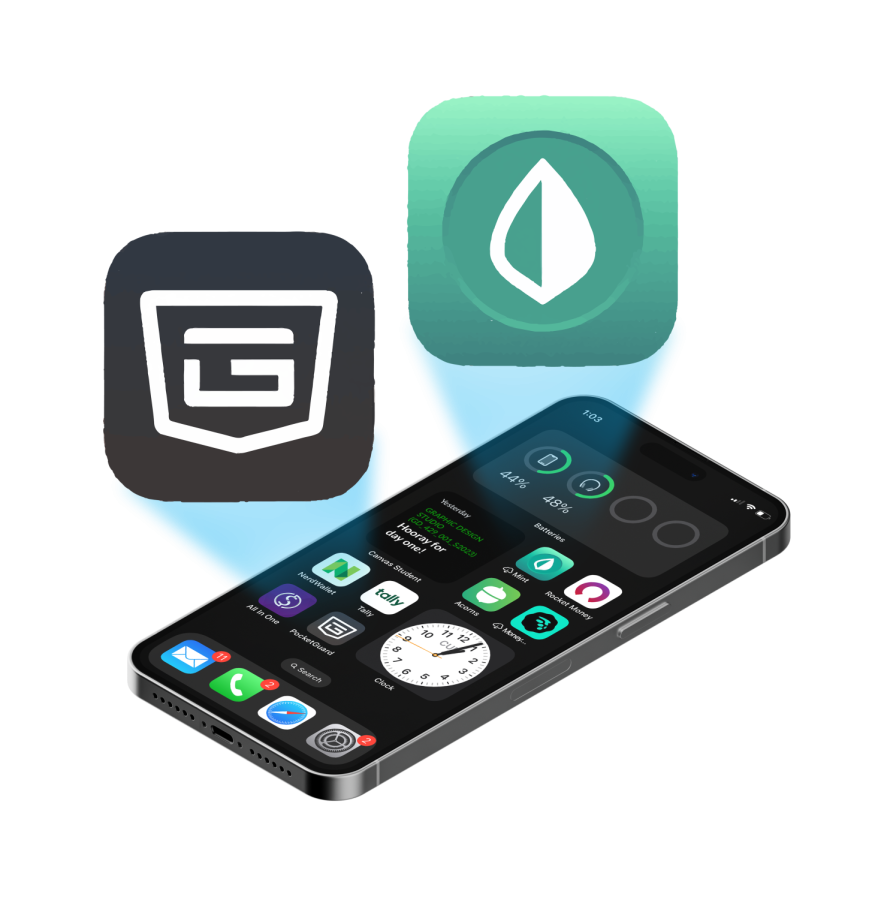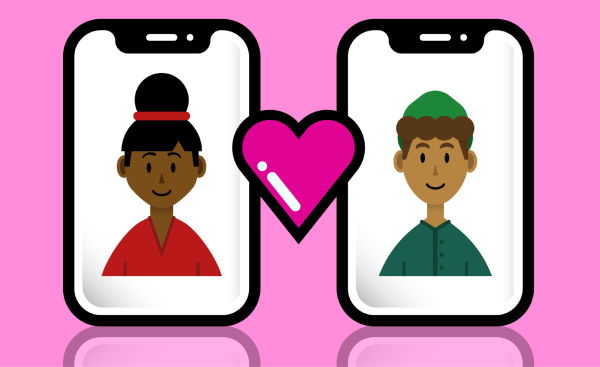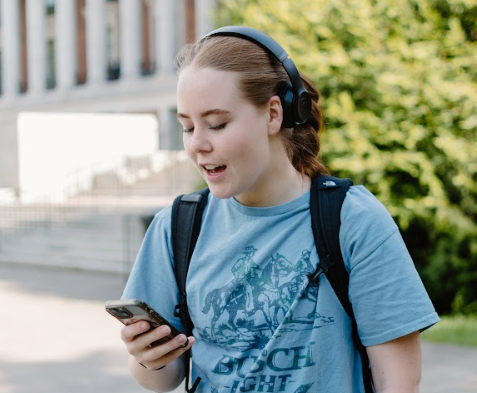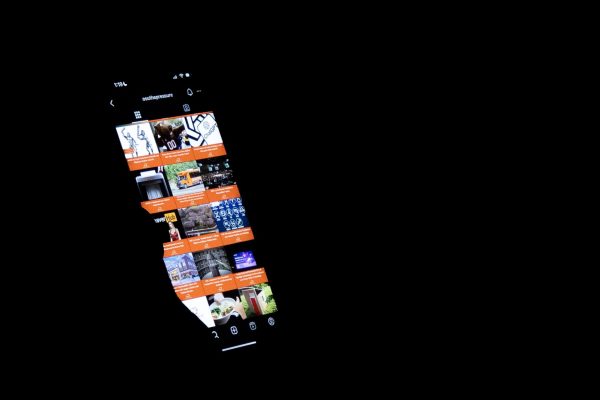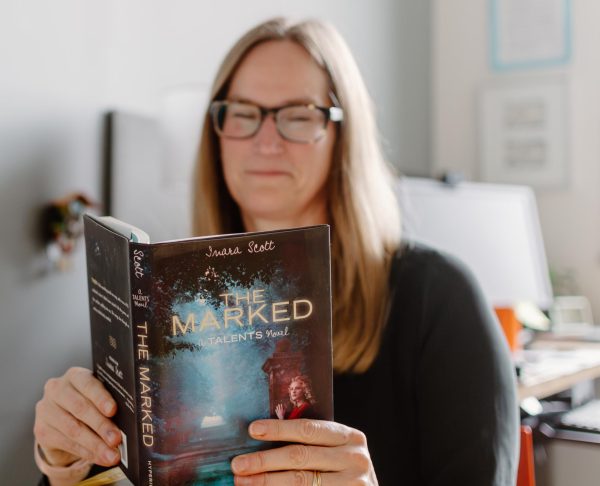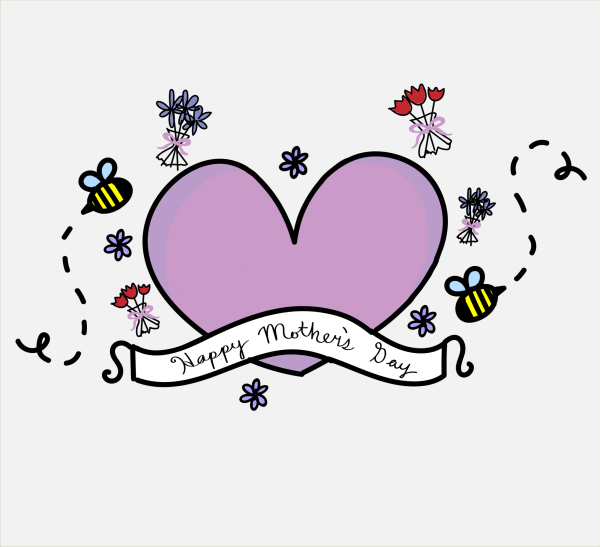The six best apps for financial planning
Ashton Bisner, OMN Illustrator
A photo illustration of a phone with financial planning apps. There are several apps available to help with budgets.
April 25, 2023
It’s never too early to begin learning how to plan for a financially successful future, so here are six popular personal financial apps that can help students begin managing their money.
Mint
The highest-rated app on this list, Mint is a free app that has become popular among beginning budgeters. Mint allows you to sync to your bank accounts, credit cards and bills to track your expenses and help you start budgeting. The app lets you create personalized categories that you can set limits in to try to stick to your budget. Other features of the app include helping you pay off debt and providing you with your credit score.
Buddy Budget
Buddy Budget is popular because it’s easy to use and provides widgets and emojis to help make categorizing your budget fun. According to reviews, users like its ability to share with partners or other people to stay accountable. You can also create your budget in Excel first and then upload it to Buddy Budget before customizing. This app doesn’t allow you to connect your accounts, so you must be willing to keep track and document your spending on your own. The app is free but offers a premium version for $4.99 per month.
Pocket Guard
Pocket Guard is an app all about simplifying. It syncs to your bank account, credit cards and tracks bills to help you figure out how much of your money will be left over after your necessities are covered. You also have the option to track your spending manually rather than linking your accounts. The app is free, but offers a paid version if you want to set up a debt payoff plan.
Good Budget
Good Budget is all about planning ahead. For those of you who have ever been interested in ‘envelope budgeting’, this might be the app for you. In the app, you do not need to sync your accounts. Instead, you enter your balances into your spending categories or ‘envelopes’. You decide how much of your paycheck goes to your envelopes – rent, electric, car loan, gas, food, fun, etc. You must be willing to manually deduct your expenses from the envelopes since this app doesn’t keep track of your expenses for you. The app is free, but there is a paid version that offers more features.
You Need A Budget
YNAB is a hands-on budgeting app that is meant for people to plan ahead for their spending. Rather than tracking their spending, the app has a system called zero-based budgeting where you start planning for every dollar you make. When you get your paycheck, you must decide where every dollar is going to go. YNAB also syncs to all your accounts in addition to educational resources. For college students, the app is free for the first year. After that it is $14.99 per month or $99 per year.
Empower Personal Wealth
Empower Personal Wealth is a free app that not only helps you budget and tracks your spending, but it is an investment tool that educates you on the best way to use your money. This app allows you to connect all of your accounts and customize your budget categories. It also sends you snapshots and percentages of your total monthly spendings.
How to decide what’s right for you
When deciding on a financial planning app that is right for you, it’s important to think about what your goals are for the future and how likely you are to stick to those goals. If you keep your money tight and try to save as much as you can every month, an app that doesn’t have the account sync option but instead highlights planning ahead will most likely be your best choice. However, if you have a hard time keeping track of how much you spend each month and want to start learning about your spending habits and how you can better budget, then an app that links your accounts is probably more up your alley. Regardless of the route you take, it’s important to start thinking about financial planning now and learning how to build healthy spending habits that will ensure your future success.


